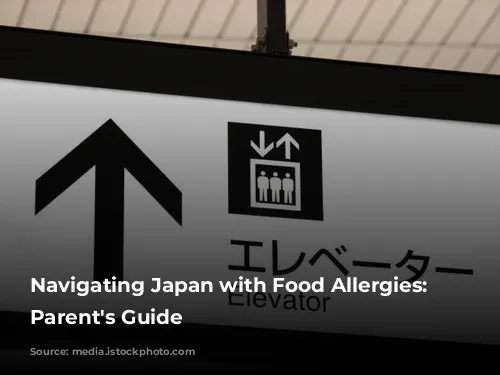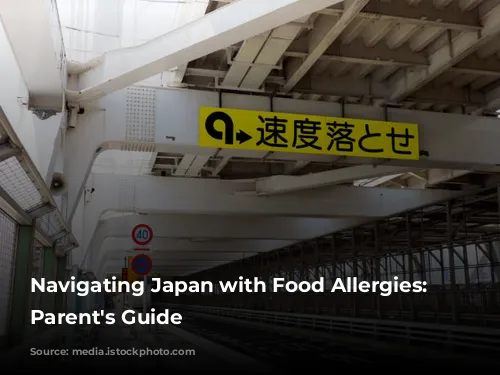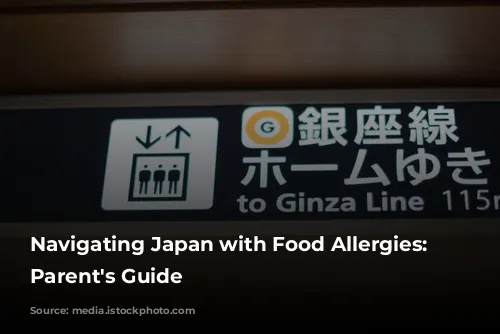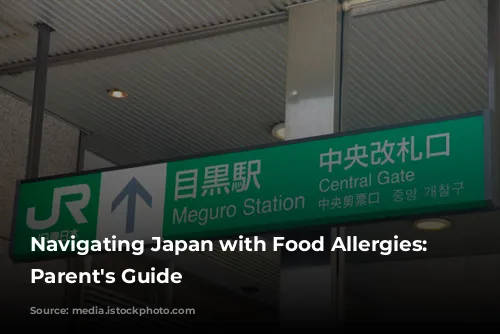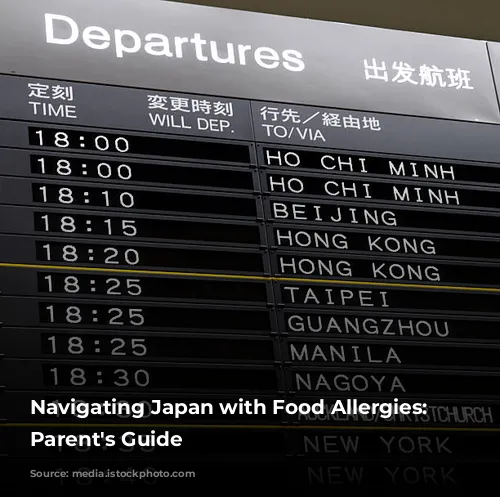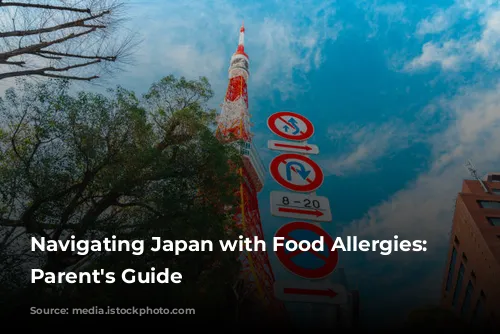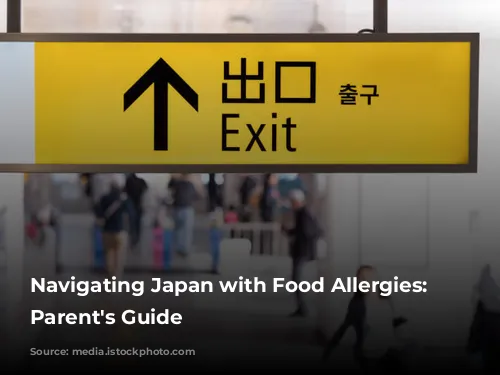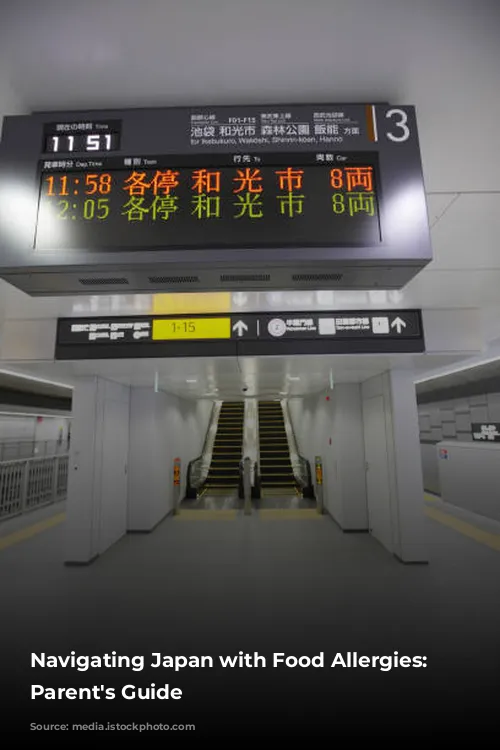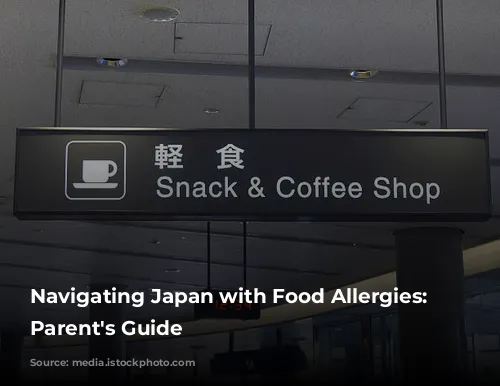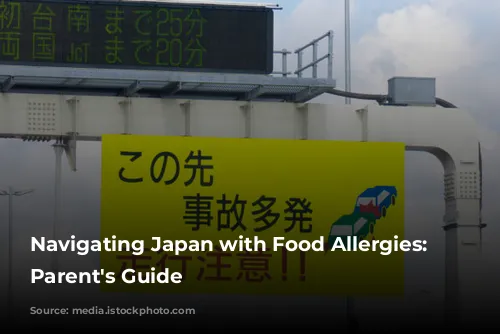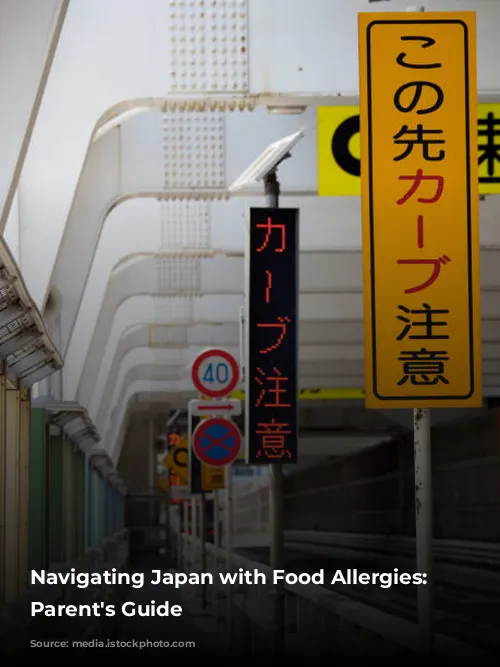Planning a trip to Japan with a child who has severe food allergies can be daunting. Many parents wonder how to ensure their child’s safety while experiencing all that Japan has to offer. This article aims to help parents understand the challenges and provide practical tips for a successful trip.
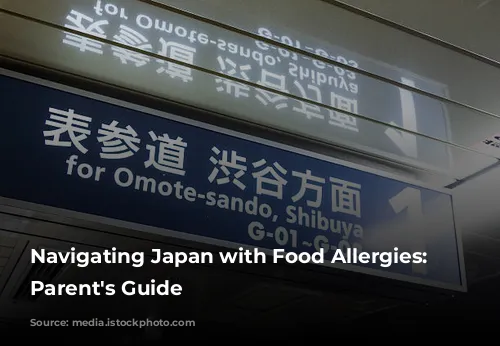
Understanding the Challenges
Traveling with food allergies in Japan presents unique obstacles compared to other countries.
-
Language Barrier: Even in restaurants where English is spoken, misunderstandings can arise, making communication about allergies particularly crucial.
-
“Custom-Made Order” Culture: It’s uncommon in Japan to request modifications to dishes. This is due to a cultural emphasis on trusting the chef’s expertise and a desire to avoid inconveniencing staff.
-
Availability and Preparation: Familiar products from your home country might not be available in Japan or be prepared differently, potentially introducing unknown allergens.
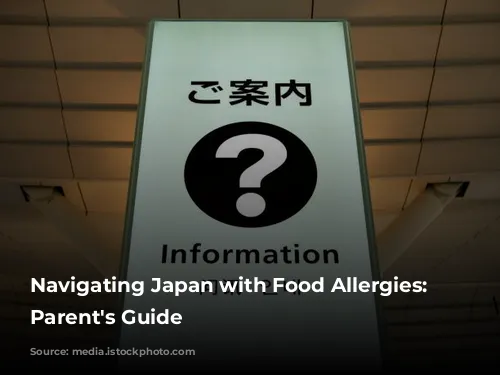
Essential Preparation
Thorough preparation is key to a safe and enjoyable trip.
1. Consult Your Doctor: Discuss your child’s allergies with your doctor before traveling. They can provide guidance and information on managing allergies in Japan.
2. Check Medication Regulations: Ensure any medication you bring from your home country is permitted in Japan. You may need a “Yunyu Kakunin-sho” (import permit) for certain medications.
3. Get Comprehensive Travel Insurance: This protects you from unexpected events, including medical emergencies, before and during your trip.
4. Learn About Medical Emergencies: Research the healthcare system in Japan and how to handle emergencies.
5. Choose Accommodation Wisely:
Consider staying in:
* Apartment hotels: These offer kitchenettes for preparing your own meals and may have English-speaking staff.
* Global hotel chains: They usually provide English-speaking staff and clearly communicated dietary options.
6. Pack Familiar Snacks: Always bring a supply of safe snacks to ensure your child has familiar options. Freeze-dried meals, tinned soups, and pre-packaged snacks are great options.
7. Utilize Vegan Restaurants: For dairy or egg allergies, opt for strictly vegan restaurants when eating out. Apps like Happy Cow can guide you to reliable options.
8. Connect with the Gluten-Free Community: Join the “Gluten Free Japan” Facebook group for support and recommendations.
9. Explore Low Allergen Menus: Research restaurants offering low allergen menus, especially for children’s meals. Popular chains like Cocoichi Curry, Royal Host, and Tokyo Disney Resort often have these options.
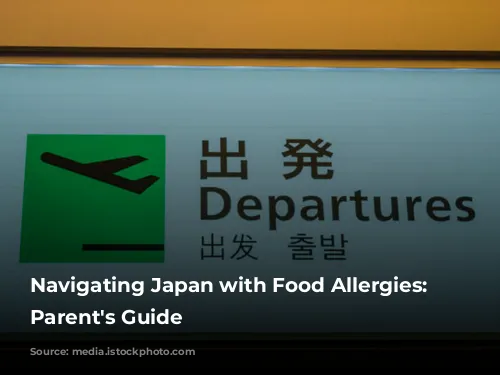
Avoid Common Mistakes
Be aware of these potential pitfalls:
1. Don’t Assume Consistency: Avoid assuming products are prepared identically in Japan as they are in your home country. For instance, McDonald’s fries are not vegan in Japan due to their cooking oil blend.
2. Don’t Rely Solely on Allergen Cards: While helpful, allergen cards alone may not suffice. Restaurants may be unable to accommodate specific requests due to cultural norms and high customer service standards.
3. Research, Communicate, and Double Check: Thorough research, clear communication with restaurant staff, and double-checking orders before consumption are essential.
Enjoy Your Japan Adventure!
Traveling to Japan with a child who has severe food allergies requires planning and vigilance, but it is possible. With careful preparation, you can navigate the cultural differences and enjoy a safe and memorable experience with your family.
